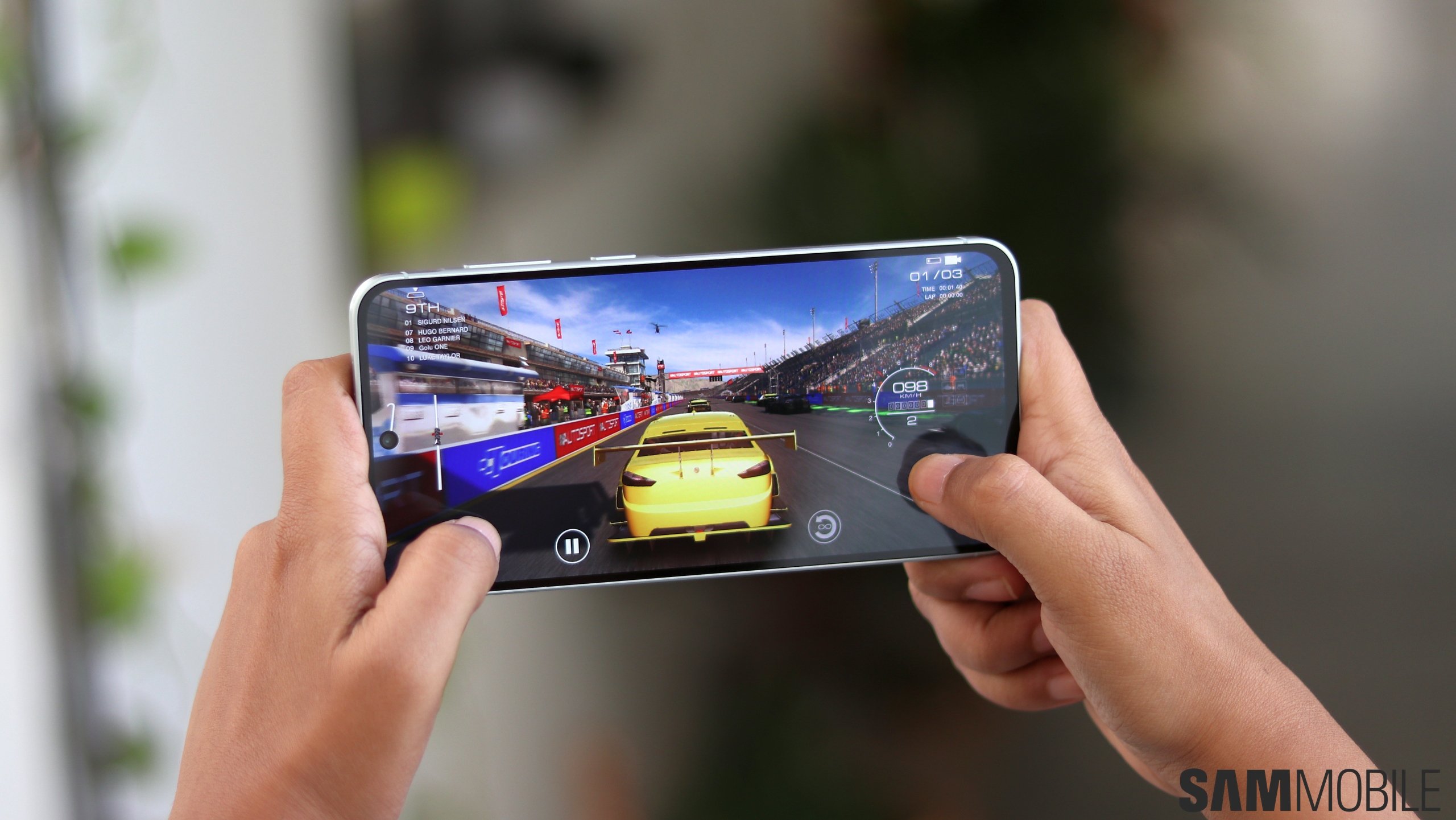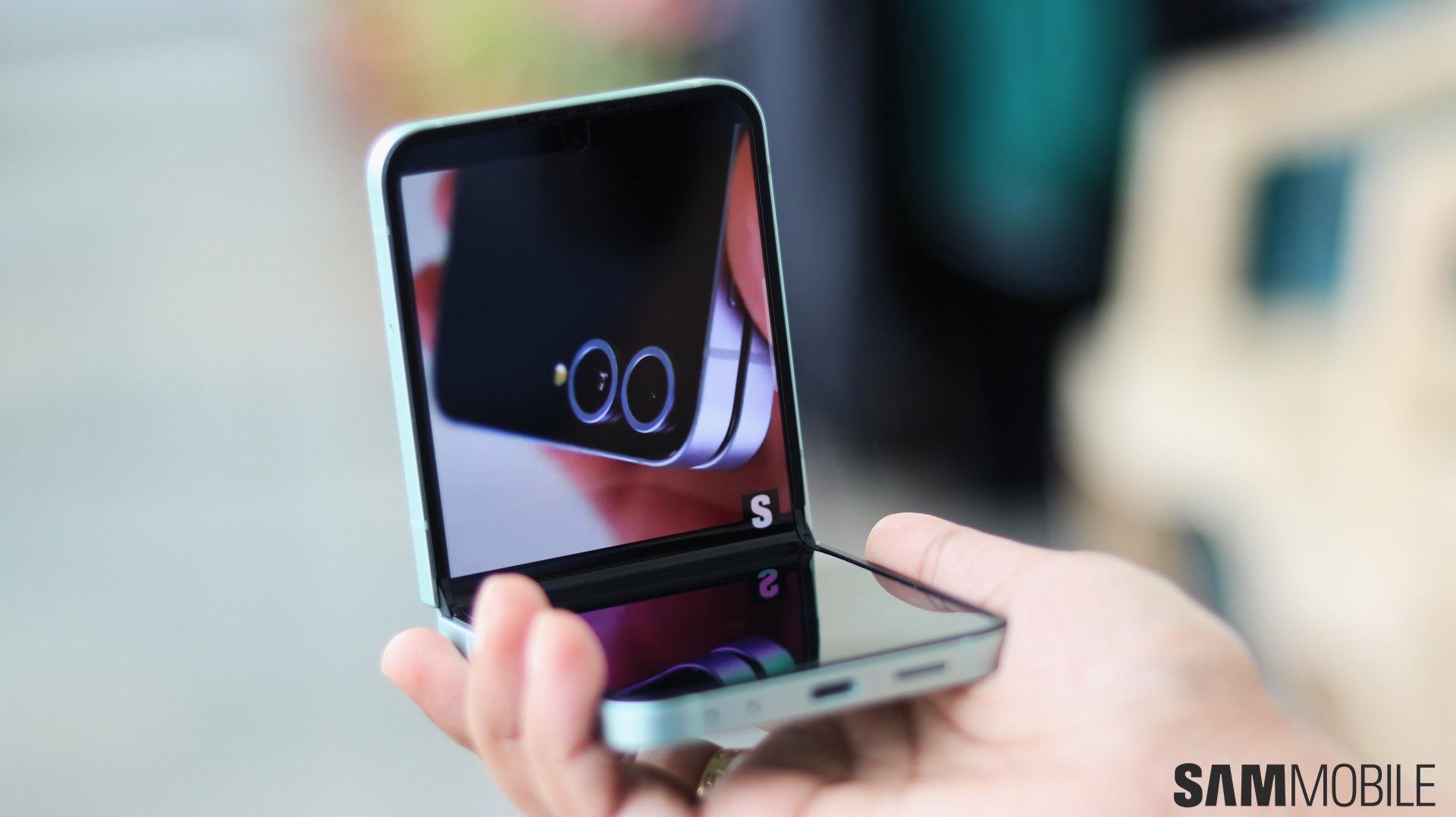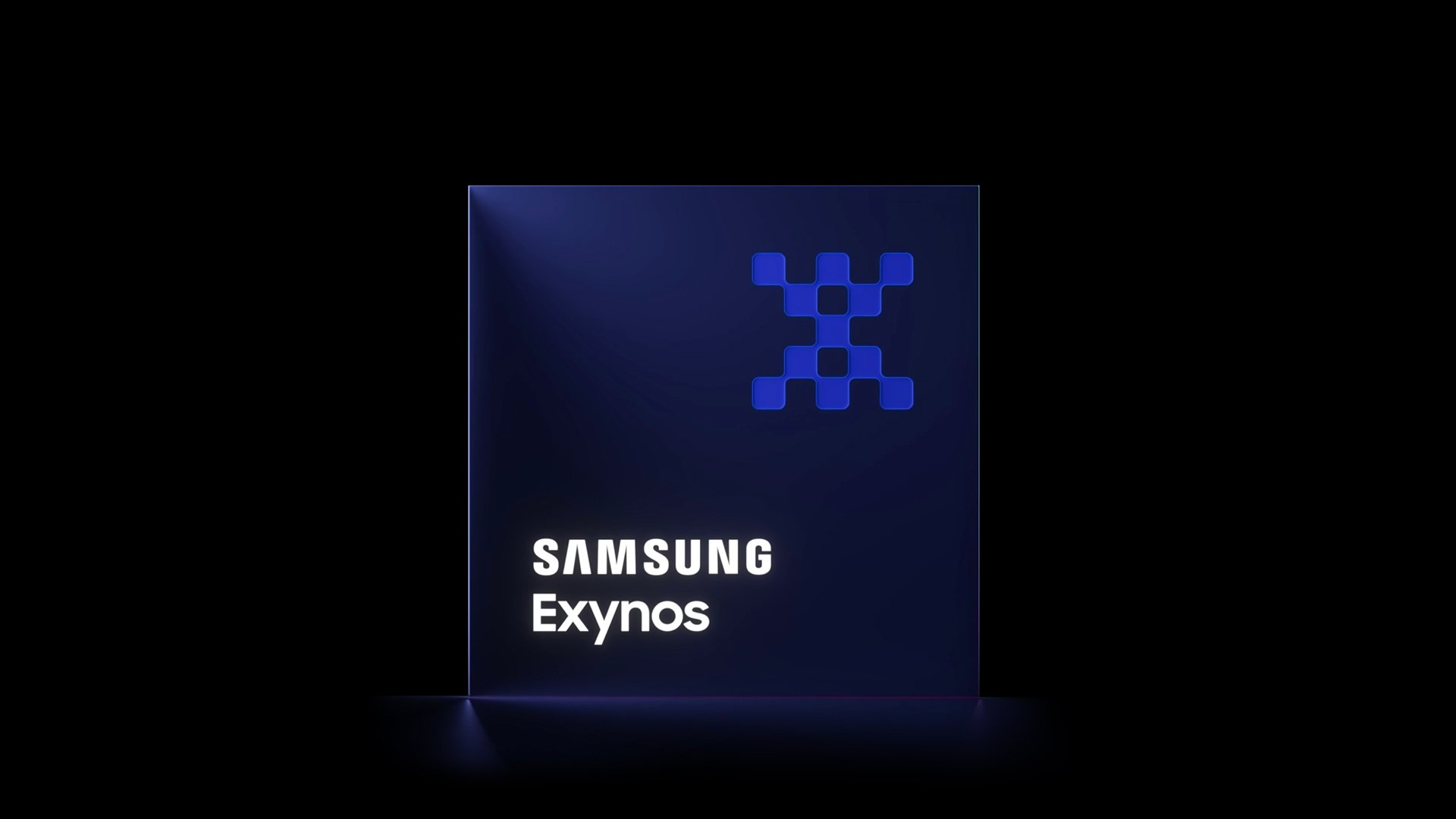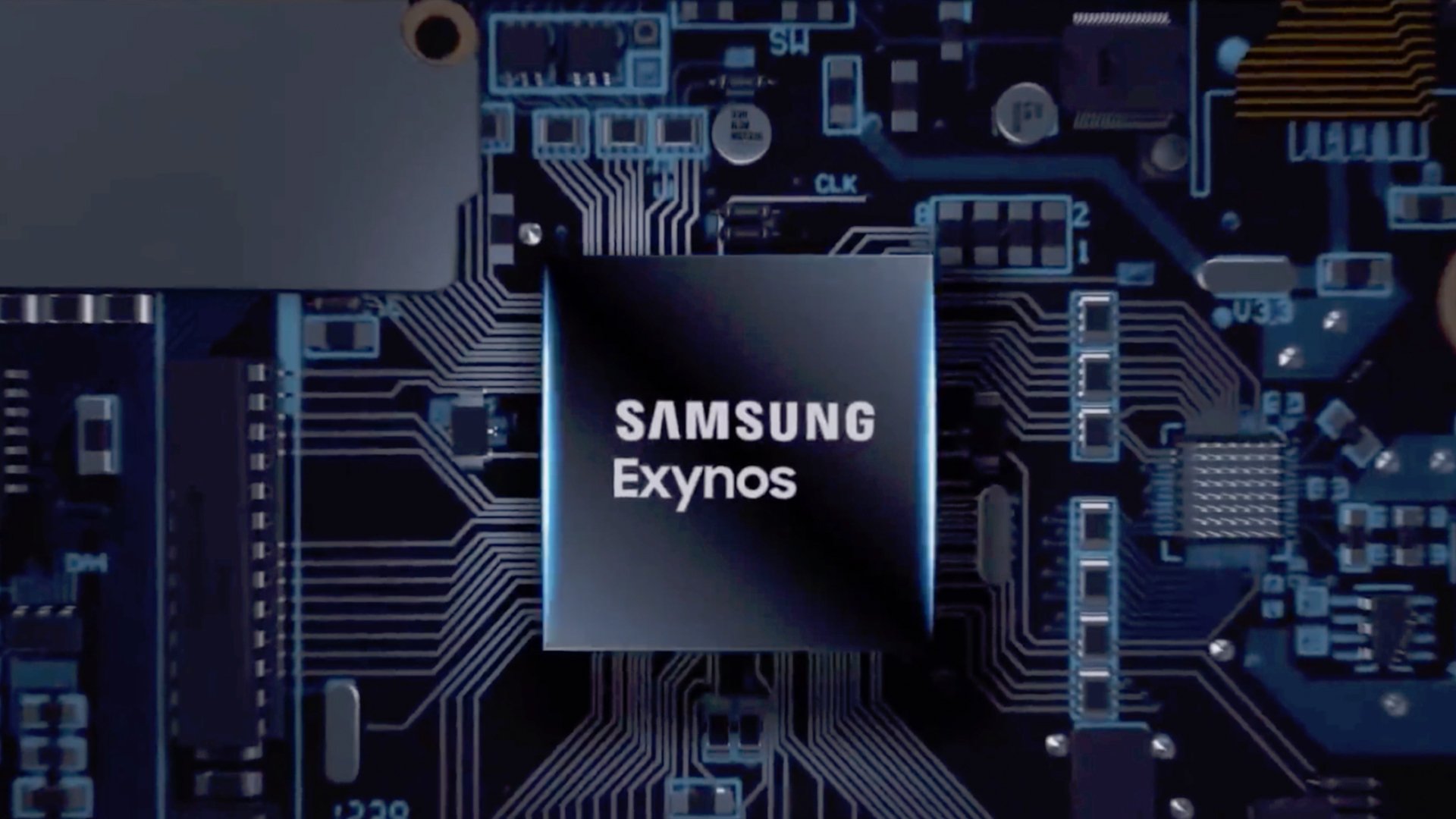
According to the latest numbers from Counterpoint Research, Samsung ranked fourth in the global smartphone chipset market during Q2 2021. During the period, the company's market share was just 7%, which is a huge decline compared to the 13% market share in Q2 2020. Samsung Electronics' mobile division is System LSI's (Samsung's business arm that makes Exynos chipsets) biggest client. However, it has been increasingly opting to use Snapdragon and MediaTek chips in many of its entry-level and mid-range devices over the past year. This could be the reason behind Samsung's declining market share in the global smartphone chipset market.
MediaTek, which recently overtook Qualcomm, is still the world's biggest smartphone processor brand. Its market share has increased from 25% in Q2 2020 to a whopping 38% in Q2 2021. Qualcomm ranks second with a market share of 32%. Apple ranked third in the list with a market share of 15%, a nominal increase over last year's 13%. However, that's understandable since the company uses its own chipsets, and its market share depends on iPhone, iPad, MacBook, and Mac sales.
Unisoc, which targets the entry-level market, had a stable business with a market share of 5%. Huawei's HiSilicon, which is facing extreme difficulties since the trade ban by the US, saw its market share drop from 16% in Q2 2020 to a mere 3% in Q2 2021.
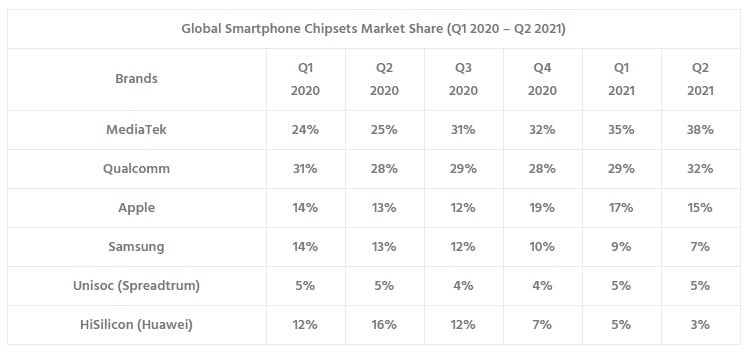
Samsung's Exynos chipsets have been criticized a lot over the past few years due to sub-par performance and power efficiency. However, the company showed signs of improvement with the Exynos 980 and the Exynos 2100. The Exynos 2100 offers hugely improved performance and power efficiency compared to the Exynos 990. However, there is still a long way to go before Exynos chips can truly defeat Snapdragon chips in overall performance.
Earlier this year, Samsung made a huge move by partnering with AMD to use Mobile Radeon GPUs inside its upcoming Exynos chips. The Exynos 2200 is said to be the first Samsung chip to feature RDNA2 graphics. The company will release more mid-range chips with AMD graphics sometime next year. However, only time will tell if Samsung's partnership with AMD will increase its position in the global smartphone chipset market.












